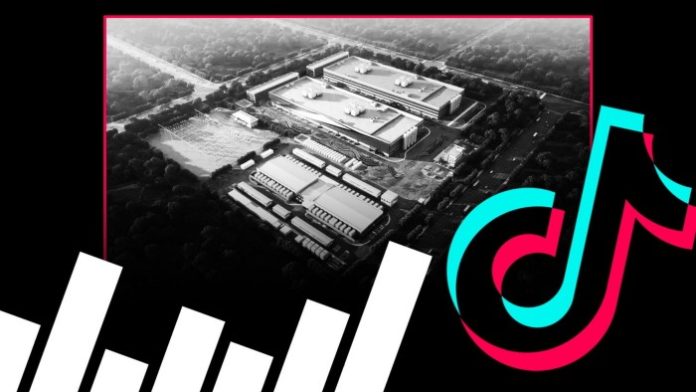US private equity groups have invested billions of dollars in data centres serving TikTok owner ByteDance, amidst concerns sparked by a US crackdown on Chinese companies’ access to top-quality chips.
Blackstone, Bain Capital, Warburg Pincus, and General Atlantic have supported companies operating Malaysian data centres leased by ByteDance, based in Beijing, in a datacenter building spree that could now be jeopardized by restrictions on Chinese firms’ access to advanced Nvidia chips.
These restrictions, effective since 2023, prevent Chinese companies from procuring Nvidia’s highest-performing chips outside the US. However, they have been able to legally obtain access to these chips by renting space in overseas data centers, often in Malaysia, containing chips owned by third-party companies.
The upcoming May regulations not only restrict Chinese groups from owning advanced US technology but also limit their access to it for developing large language models for AI applications to be utilized in China.
“If you want to build a datacenter in Malaysia with Nvidia [chips] . . . you’re going to have to meet these kinds of security requirements that include not allowing [China] training large language models on those data sets,” Alan Estevez, the former US under-secretary of commerce for industry and security, commented before leaving his role.
There is uncertainty regarding the type of chips utilized in these data centers, and private equity groups may not always have full visibility due to the data center companies not owning or leasing the chips directly to clients.
Multiple sources have indicated that ByteDance plans to leverage Malaysian data centers to access high-end Nvidia chips. Private equity firms often take a hands-off approach when it comes to the content stored on servers, viewing it as the clients’ responsibility.
In recent years, ByteDance has increasingly utilized data centers outside China, particularly in Malaysia, to advance its position in China’s AI landscape. The firm is expected to make substantial investments in its overseas AI capabilities this year through rental arrangements, as reported by the FT last month. General Atlantic has also made investments in ByteDance.
There has been a back-and-forth dynamic with the US commerce department adjusting parameters to regulate chip availability,” noted Matt Rabinowitz, a partner at law firm Pillsbury.
Under the new regulations, both the owners and operators of chips in data centers must undergo a compliance review process. It remains uncertain whether President Donald Trump will further amend export regulations regarding chips following his previous administration’s stringent measures against China.
The regulations set to take effect in May could impact the value of investments by private equity groups if demand for data centers decreases due to Chinese groups’ restricted access to top Nvidia chips, according to industry advisors. However, global demand for data centers may mitigate this impact.
Private equity groups worldwide have been eager to invest in data centers in recent years, attracted by the growth of internet usage and the AI sector. They have attempted to separate themselves from the chip supply business by supporting companies that operate data centers but do not own the chips within.
Exclusive tenants at a data center in Johor, Malaysia, include ByteDance, owned by a Bain Capital portfolio company, WinTrix. ByteDance also leases space at other facilities in Johor, such as those operated by AirTrunk, PDG, and Epoch Digital. ByteDance intends to allocate over $12bn towards AI infrastructure this year, with a significant portion reserved for international investment.
“ByteDance complies with all applicable laws and regulations,” the company assured the FT.
Both Warburg Pincus and Blackstone have made significant investments in data center companies, while Bain Capital merged Chindata with Bridge Data Centres and took the combined entity, known as WinTrix, private. General Atlantic has completed its acquisition of Actis.




